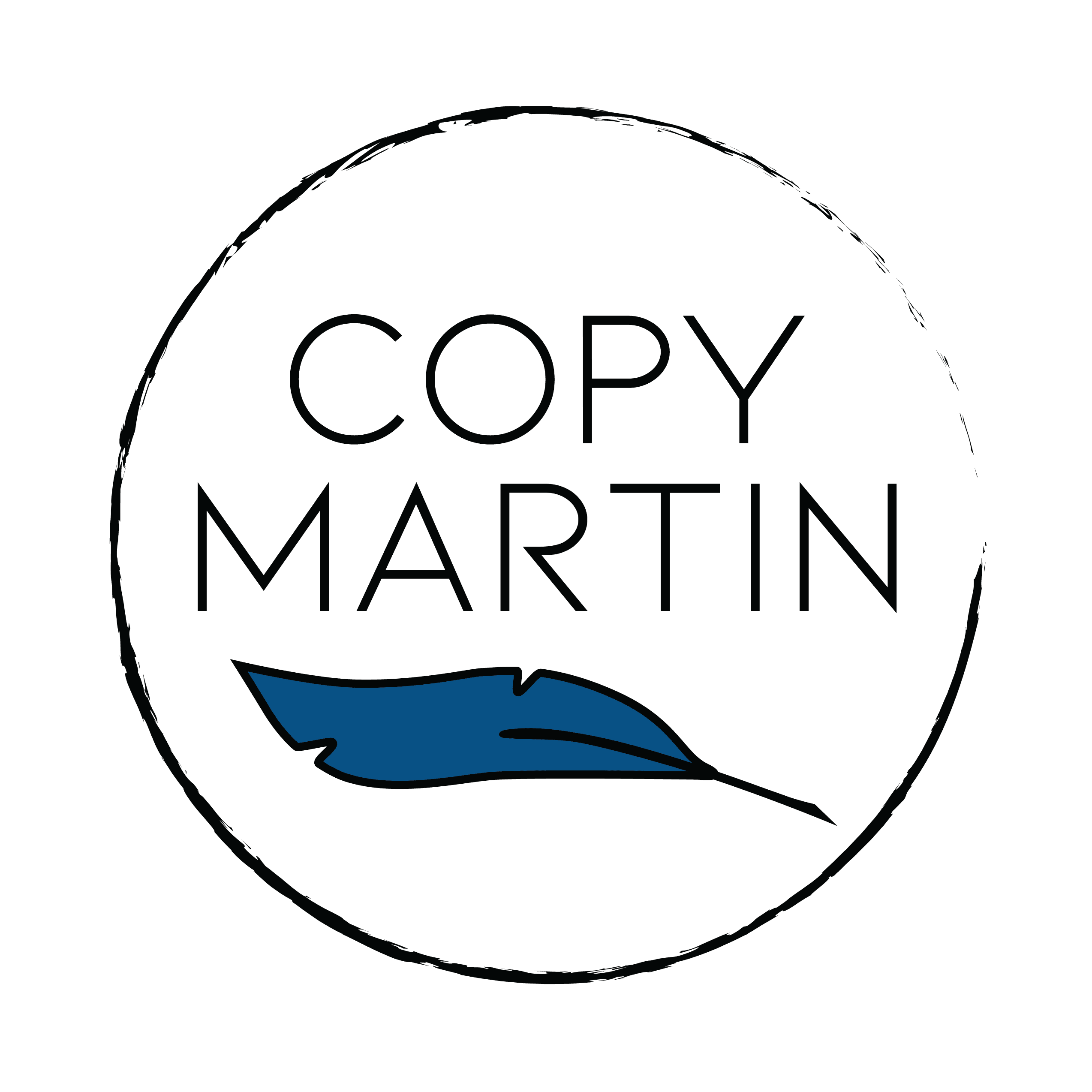The other day, I got off a call with a prospective client and realized something. I had zoned out halfway through the call. Pure autopilot. I think my eyes widened unblinking like that one horrified cat meme. Client nonplussed. It was pretty bad.
So what the hell happened?
As it turns out, that client call fell on the one-year anniversary of my leap into freelance writing full time in September 2020. And it hit me square in the eyes:
It’s all up to me now. Which calls to accept and what to say. How to negotiate timeline, budget, and scope. When and where to drift off into some kind of frontier existential reverie.
In that moment, I realized a few things about my future in freelance writing:
1. It can be what you wanted all along
It really can, only I’m not sure I knew exactly what that meant when I “took the leap” in the first place.
The work is there.
The flexibility is real, as is the income (I replaced my corporate salary ten months into my first year).
I’m getting better each day, I think.
I’m finding the contours of my particular writing business and service offering(s).
2. Most people still ask what copywriting means
I can’t explain it. Literally, I don’t know how to explain what I do to my friends and family members. Ironic, right? Especially coming from someone that helps other people and businesses articulate themselves.
The good news? Clients know what copywriters do and the value they deliver.
3. Your specialization will come
At first, I didn’t know what I wanted to write. So I took on a lot of different assignments, some of them good fits, others not so much.
Over time, I’ve worked on three particular content types more than any other—my specializations now, even if I took a circuitous route to find them:
Blog posts
Case studies
Website copy
To see some real-world examples of my work, read my blog posts for Coveo.
4. A non-linear working style ain’t all that bad
I might sit down and knock out a 1500-word blog post before lunch.
I might write one sentence of web copy in a half hour (headlines, grr).
Overall, I have a general idea of how much time I’ll need for each assignment (breaks and walk-aways included).
In the end, the chaos works remarkably well for me. The only time I move deadlines is when my toddler-creature gets the sniffles.
5. It helps to know where your clients come from
If I know that I get most of my clients from a particular source, I’m going to devote a little more time toward cultivating that source, right?
That’s why it was so helpful to finally sit down after a twelve months to see just where my freelance writing clients came from.
Here’s how it broke down for me the first year of freelance writing full time:
70% from Upwork, 52% of which were long-term
20% from long-term “organic” clients (website and LinkedIn)
10% from “net-new” clients from both sources, including referrals
Coincidentally, my monthly revenue broke down almost exactly the same way.
6. A bookkeeper can be a big help
Estimated taxes didn’t surprise me—I knew I had to pay quarterly estimated taxes as a freelancer. The thing is, I overpaid on my estimated taxes last year and ended up waiting months for a sizable check from the IRS.
Like most freelancers, I don’t like waiting for big checks. While I do have an accountant, I plan to hire a bookkeeper to help me make more precise estimated payments.
UPDATE: I totally did it! With the help of Collective, I turned my business into an LLC taxed as an S-Corp. The fine people at Collective are handling everything (and I’m learning a lot). If you’re a solo proprietorship making more than $100K a year, this solution might make a lot of sense (and save you thousands).
Check it out and use my promo to get a free month of Collective should you choose to sign up (yes, that’s an affiliate link, FYI).
About that call I referenced at the beginning.
I don’t recommend zoning out in the middle of client calls. (As you might have guessed, it didn’t work out.) Still, it was incredibly rewarding to get through that first year freelance writing full time.
If nothing else, I got the opportunity to look back, take stock of things, and see how it all shook out. This information will be handy as I plod through year two.
Oh, and I almost forgot one thing:
I don’t miss my corporate job at all.

